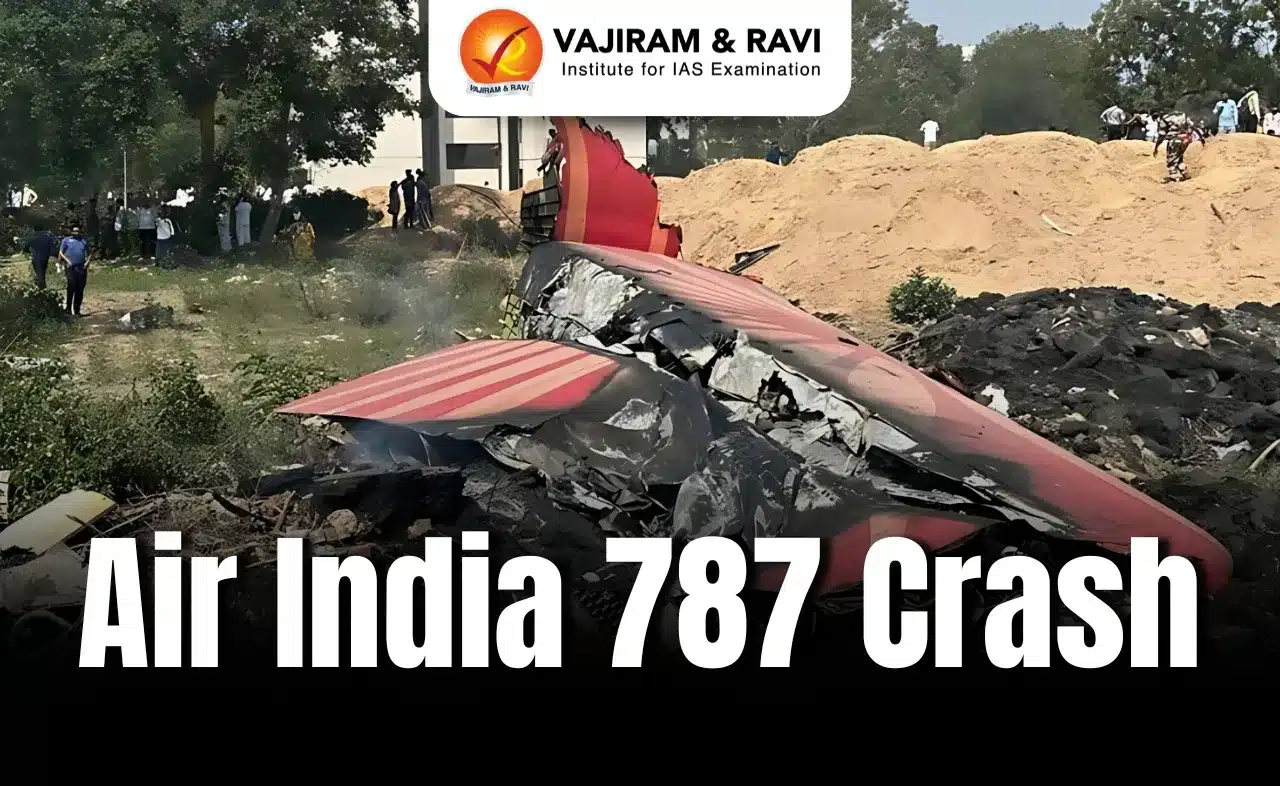What’s in today’s article?
- Why in News?
- Snakebites in India
- Why Make Snakebites Notifiable?
- Challenges of treating snakebites
Why in News?
The Union Health Ministry has urged states to classify snakebites as a notifiable disease, requiring both private and public hospitals to report cases.
Diseases likely to cause outbreaks, result in fatalities, or require immediate public health action are classified as notifiable. Common examples include tuberculosis, HIV, cholera, malaria, dengue, and hepatitis.
Snakebites in India
- Statistics
- Snakebites pose a significant public health challenge in India, with 3-4 million cases and an estimated 58,000 deaths annually, according to the 2020 Indian Million Death Study.
- National action plan
- To address this, the government launched the National Action Plan for Prevention and Control of Snakebite Envenoming (NAPSE) earlier this year, aiming to halve snakebite deaths by 2030.
- NAPSE recommends making snakebites a notifiable disease.
- Bites of which snakes can be fatal
- India has over 310 snake species, 66 venomous and 42 mildly venomous.
- Of these, 23 species are medically significant, with the majority of bites caused by the “Big Four”:
- Indian cobra
- Common krait
- Russell’s viper
- Saw-scaled viper
- Commercial polyvalent antivenom is effective against bites from these four species and covers 80% of snakebites.
- Snakebite – a ‘Disease’
- Snakebites can lead to acute medical emergencies that require immediate care.
- They can cause severe paralysis that can prevent breathing, can lead to a fatal hemorrhage, and damage different tissues.
- Snakebites need to be treated with antivenom to prevent death and severe symptoms.
Why Make Snakebites Notifiable?
- Classifying snakebites as notifiable could improve surveillance and provide precise data on cases and deaths.
- This information would help allocate antivenoms and train healthcare workers in high-risk areas.
- In a letter to state health secretaries, Union Health Secretary emphasized mandatory notification to strengthen snakebite surveillance and improve clinical management.
- High-risk states include Bihar, Jharkhand, Madhya Pradesh, Odisha, Uttar Pradesh, Andhra Pradesh, Telangana, Rajasthan, and Gujarat.
Challenges of treating snakebites
- The challenges are mainly on three fronts:
- Treatment
- Delayed or No Healthcare Access: Victims often do not reach healthcare centers in time or rely on faith-based healers.
- Lack of Training: Healthcare staff often lack adequate training to treat snakebites.
- Testing Gaps: Tests to confirm snakebites are unavailable.
- Antivenoms
- Development of the antivenom
- Almost all the venom that is used to develop the antivenom in the country comes from snakes caught by the Irula tribe, who live in the states of Tamil Nadu, Karnataka, and Kerala.
- This is a major challenge, as the biochemical constituents and the effect of the venom from the same snake species may differ based on geography.
- Venom potency changes with age
- Venom potency also changes with the snake’s age; for instance, neonatal Russell’s viper venom is more toxic than that of adults.
- Other challenges related to antivenoms
- Antivenoms themselves cause various reactions.
- There are also local snake species — such as the banded krait, monocled cobra, and green pit viper in the Northeast — against which the commercially available antivenom does not work.
- Artificial interventions
- Due to these limitations of antivenoms, researchers are now developing artificially produced antibodies that can help neutralise the toxins across various snake species.
- They are also looking at artificially designed peptides to fight the toxin.
- Venom collection
- Experts recommend creating zonal venom collection banks to account for regional venom differences.
- However, the Wild Life (Protection) Act, 1972 restricts access to snakes, complicating efforts to establish these banks.
- Treatment
Q.1. Why does India want snakebites classified as a notifiable disease?
India aims to improve surveillance, gather precise data on cases, and allocate resources effectively. By notifying snakebites, the government can enhance clinical management and reduce fatalities, especially in high-risk states.
Q.2. What challenges exist in treating snakebites in India?
Challenges include delayed access to healthcare, lack of trained staff, inadequate testing, regional venom differences, and limitations of current antivenoms. Research is exploring artificial solutions to address these gaps.
News: Centre declares snakebites a ‘notifiable disease’ in India | Economic Times
Last updated on June, 2025
→ UPSC Notification 2025 was released on 22nd January 2025.
→ UPSC Prelims Result 2025 is out now for the CSE held on 25 May 2025.
→ UPSC Prelims Question Paper 2025 and Unofficial Prelims Answer Key 2025 are available now.
→ UPSC Calendar 2026 is released on 15th May, 2025.
→ The UPSC Vacancy 2025 were released 1129, out of which 979 were for UPSC CSE and remaining 150 are for UPSC IFoS.
→ UPSC Mains 2025 will be conducted on 22nd August 2025.
→ UPSC Prelims 2026 will be conducted on 24th May, 2026 & UPSC Mains 2026 will be conducted on 21st August 2026.
→ The UPSC Selection Process is of 3 stages-Prelims, Mains and Interview.
→ UPSC Result 2024 is released with latest UPSC Marksheet 2024. Check Now!
→ UPSC Toppers List 2024 is released now. Shakti Dubey is UPSC AIR 1 2024 Topper.
→ Also check Best IAS Coaching in Delhi






















